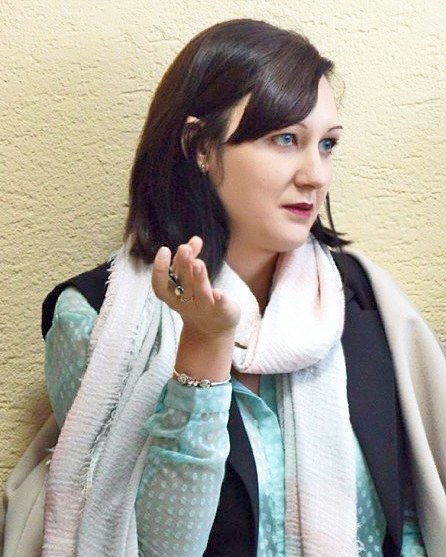We are scientists and teachers at Princeton, Harvard and Yale want to share our thoughts and offer advice to new students. This piece of advice can be summed up in two words – Think for yourself.
It may sound simple. But you will see – and probably in the upper classes, you have already encountered this – thinking on your own can be a great challenge. It has always required self-discipline, and nowadays it is also courageous.
Especially now, you very much want to shape your views in harmony with the views of your surroundings. Conformism, bending and pattern thinking are a danger not only for the student but also for the teacher.
For many, what John Stuart Mill called “the tyranny of public opinion” significantly discourages students from arguing over dominant views on morality, political and other issues. Consequently, dominant views are perceived as so clearly correct that it seems that only fanatics or cranks can question them. And no one wants to hang a fanatic or a weird label, so a simple, lazy reaction is to succumb to accepted views and traditions in the environment.
Don’t do this. Think on your own. Thinking on your own involves questioning dominant ideas, even when others insist that they are indisputable. Thinking on your own means deciding what to believe, not by adapting to trendy spinners, but by some effort to examine the situation and evaluate fairly the arguments of both or all sides of the issue – including arguments about opinions that others seek or stigmatize, or vice versa.
The love of truth and the desire to grasp it should motivate you to think for yourself. The main purpose of higher education is to seek the truth and to acquire the appropriate skills and virtues that help to become a seeker of truth for life. Openness of views, critical thinking and debate are crucial for the search of truth. Moreover, they are our best antidote to bigotry. The first definition given by Merriam-Webster’s dictionary on the concept of bigot is a person who is “hard-working and fanatically committed to his or her own attitude and prejudice.” The only one who fears open research and criticism is this constructive debate, whether in university environments or in the wider community that seek to defend the hegemony of their beliefs by castigating others as questioning these beliefs is shabby. So do not fall into the tyranny of public opinion. Do not cover yourself in a sealed environment.
When accepting or rejecting a certain opinion, make sure that you do so as a result of the critical evaluation of the arguments. Think for yourself.
Good luck in higher education!
Dean
Biletska Olena
Candidate of Philological Sciences, Associate Professor of the Department of Romance and German Philology and World Literature of Vasyl’ Stus Donetsk National University


